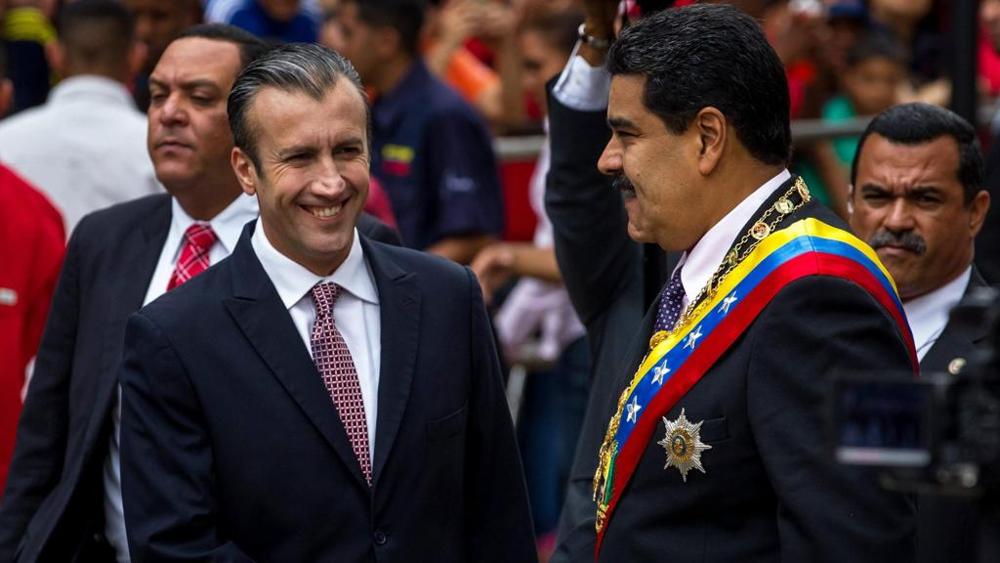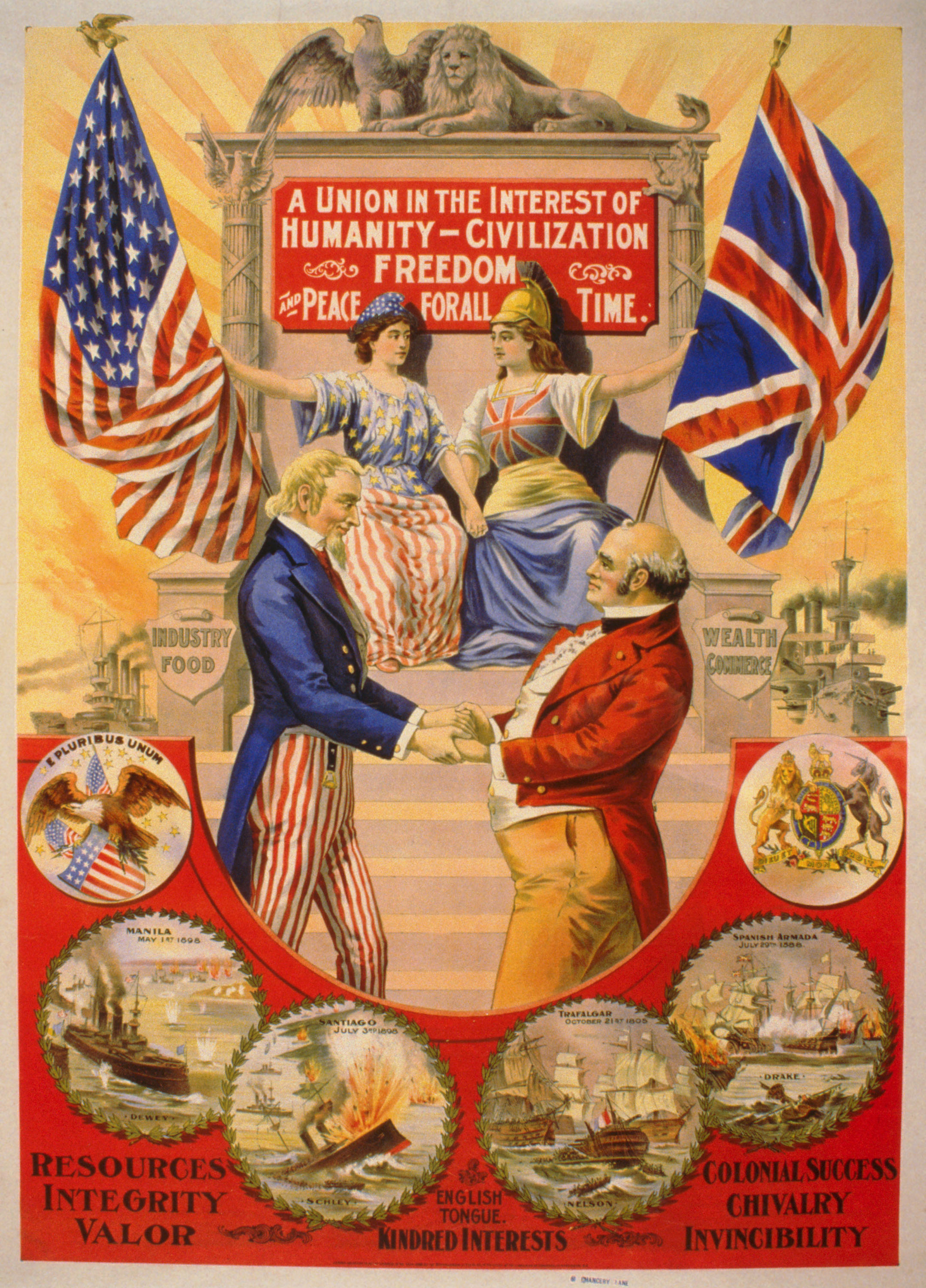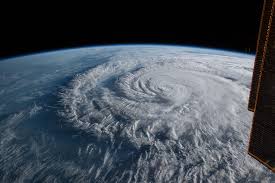By: Harry Nitzberg*
In the past few months, the Bolivarian Republic of Venezuela has seen some of the greatest challenges to its democracy in a generation. The streets are lined with protesters, there are mass shortages of all the basic necessities, and the National Assembly has been temporarily stripped of its powers by the Venezuelan Supreme Court. Furthermore, low oil prices and lack of economic diversification have left the economy in ruin. The Organization of American States encouraged President Nicolas Maduro to step down to no avail. In August, Maduro used a referendum to replace the suspended national assembly with a new legislative body that has the power to change the constitution. Nicolas Maduro and other government officials were sanctioned by the US Treasury Department for their involvement in the election and its potential to hinder democracy in Venezuela. In addition, US persons were barred from “engaging in specified dealings involving the government of Venezuela and its instrumentalities…includ[ing] state owned oil company PDVSA.”[1] Most recently, the questionable results of regional elections led the European Union to approve an arms embargo against Venezuela, and Venezuela has begun the slow process of debt restructuring negotiations. The nation’s future certainly looks bleak, but beneath the avalanche of developing news, an oddity has been buried; the politically motivated sanctioning of one top Venezuelan official based on false allegations.
Back in February of 2017, when the United States had just sworn in President Donald Trump, the US Treasury Department announced that sanctions would be levied against the newly appointed vice president of Venezuela, Tareck El Aissami and Venezuelan businessman, Jose Lopez Bello. The two were sanctioned under the Foreign Narcotics Kingpin Designation Act. Lopez Bello was accused of laundering drug money for El Aissami and El Aissami was accused of “[facilitating] drug shipments”[2] while he was governor of the Venezuelan state of Aragua. Never before had the US directly sanctioned a foreign vice president under the Kingpin Act. Several businesses linked to Lopez Bello have been blocked, his Florida assets have been frozen, and US persons are “generally prohibited from dealing with [Lopez Bello or El Aissami].”[3]
Naturally, both Lopez Bello and El Aissami denied all allegations, El Aissami through a strongly worded advertisement in the New York Times and Lopez Bello on his personal website and Twitter account.[4] None of the companies blocked under the sanctions on Lopez Bello issued statements. Both the press release by Lopez Bello and El Aissami’s advertisement note a lack of evidence in the Treasury Department’s press release and they are not alone in their search for evidence. No major news agencies reported any evidence. The lack of evidence available to the public leaves the case against El Aissami to rest on the word of the Treasury Secretary. The problem is that his later word contradicts his earlier word.
Six months after the sanctioning of Lopez Bello and El Aissami, Mnuchin stood before the press again to announce the sanctioning of Maduro, other top officials and instruments of the Venezuelan government.
On my first day in office, I was here with you at this podium, where the Treasury Department designated the Venezuelan vice president under the Kingpin Act. In this year alone, we have sanctioned 30 Venezuelan officials, including Maduro himself. We urge those within the regime, including those who have been sanctioned, to distance themselves from the violence and the dictatorship… On the economic front, I would say our plan has to continue to hurt turn up the heat on the Venezuelan government.
By pairing the sanctioning of El Aissami and Lopez Bello with the sanctioning of Maduro and other Venezuelan officials and “urg[ing] those within the regime…to distance themselves from the violence and the dictatorship” but not drug trafficking.[5] Mnuchin shows that in the eyes of the current presidential administration, despite the Kingpin allegations against El Aissami and the money laundering allegations against Lopez Bello, they are really being punished as a means of “turn[ing] up the heat on the Venezuelan government.”[6]
It is not hard to imagine how sanctioning the vice-president of Venezuela pressures the Venezuelan government. As vice-president, El Aissami arguably has a decent amount of influence on the decision of Maduro and other top officials in the ruling Venezuelan Socialist party. Explanations of Lopez Bello’s sanctioning is more difficult to determine. In his case, one must look at the businesses of his that were sanctioned rather than himself. Among the businesses sanctioned, Yakima Oil Trading LLP, Yakima Holdings, and Profit Corporation CA are engineering firms that make products that aid in petroleum production and refinement, according to their respective websites. By sanctioning these companies, it becomes risky for companies outside of Venezuela to do business with the sanctioned companies, and it limits the production capabilities of the Venezuelan state oil company PDVSA. Furthermore, losses in revenue, combined with the loss brought on by lower Venezuelan demand for extraction machines may drive these companies out of business; and by driving them out of business, Venezuelan oil production is further hampered. In the mind of Trump and his administration, by decreasing Venezuela’s ability to extract and export oil, the government of Venezuela is driven closer and closer to bankruptcy and once bankrupted, Maduro’s fall is all but guaranteed. Sanctioning Venezuelan officials to achieve political ends has only recently been made possible.
In the last four years, US imports of crude oil from Venezuela have fallen to levels not seen since the Venezuelan General Strike of 2002-2003,[7] from a high of 53,853 barrels a day in 2003 to a mere 25,698 barrels in April.[8] The culprit behind the drop has been the surge in American fracking. From 2009 to 2017, the daily average of crude oil production has increased from 5,043.67 thousand of barrels a day to 9,208 thousand barrels[9]and of the crude oil produced, the percentage that comes from fracking has similarly increased from 2 percent in 2000 to over 50 percent in last year.[10] These increases in oil production have not only given the United States more freedom to engage in actions against oil producing states[11] but they have limited the options of Venezuela to fight back.
In keeping with the laws of supply and demand, the American boom in oil production sunk the price of oil in the international market. Gasoline prices in the United States fell to an average of two dollars in 2016 from a high of three dollars in 2012.[12] First purchase price of a barrel of oil is down from almost 96 dollars in 2013 to 38 dollars in 2016.[13] This plunge has decimated the Venezuelan economy,[14] robbed the Venezuelan government of its chief instrument of foreign policy leverage, and forced OPEC to limit production in hopes of decreasing supply and increasing prices.[15] Due to the pressure that American fracking has applied on Venezuela, Maduro’s government can do little more than tighten its grip on political power in Venezuela and wait for oil prices to rebound.
With this being said, there are forces outside of the Venezuelan government that may make baseless sanctions against Venezuela economically unviable. Although fracking has done much for Americans in the form of lower gas prices, economic growth, greater freedom in pursuing action against unfriendly petro-states, and increased economic self-sufficiency, it may not prove sustainable. Fracking has been blamed for an uptick in earthquakes in the Midwest and south of the United States,[16] an increase in asthma attacks in their vicinity,[17] and in some circumstances contaminated drinking water resources.[18] New York State, Germany, France, Vermont, Maryland and Monterrey, California have banned fracking.[19] This trend may further help to explain the choice to sanction Lopez Bello, El Aissami and other Venezuelan nationals.
As fracking becomes less politically popular in the United States, the need to remove unfriendly leaders of petro-states from power has increased. In the eyes of the United States, the Venezuelan government must be hit while economic and political crises distract it. If the opposition can come to power before fracking becomes politically unviable and the price of petroleum rebounds globally, Venezuela may take on a niche like that of the gulf states; a friendly petro-state providing a stable stream of petroleum.
[1] The White House Office of the Press Secretary. 2017. Press Briefing by Press Secretary Sarah Sanders, et al., 8/25/2017, #7. August 25. https://www.whitehouse.gov/the-press-office/2017/08/25/press-briefing-press-secretary-sarah-sanders-et-al-8252017-7.
[2] US Department of the Treasury. 2017. Treasury Sanctions Prominent Venezuelan Drug Trafficker Tareck El Aissami and His Primary Frontman Samark Lopez Bello. February 13.
[3] Ibid.
[4] Pestano, Andrew . 2017. Venezuelan vice president slams drug sanctions in full-page NYT ad. February 22.; Lopez, Samark . 2017. Samark Lopez Responds To OFAC Listing. February 13
[5] The White House Office of the Press Secretary. 2017. Press Briefing by Press Secretary Sarah Sanders, et al., 8/25/2017, #7. August 25. https://www.whitehouse.gov/the-press-office/2017/08/25/press-briefing-press-secretary-sarah-sanders-et-al-8252017-7.
[6] Imbd.
[7] Billig, Michelle . 2004. “The Venezuelan Oil Crisis.” Foreign Affairs.
[8] US Energy Information Administration 2017. U Imports from Venezuela of Crude Oil and Petroleum Products. April 28.
[9] US Energy Information Administration. 2017. 4-Week Avg U.S. Field Production of Crude Oil (Thousand Barrels per Day). May 3.
[10] US Energy Information Administration. 2017 Hydraulic fracturing accounts for about half of current U.S. crude oil production. March 15.
[11] Abeshouse, Bob . 2014. American power and the fracking boom. October 1
[12] US Energy Information Administration. 2017. U.S. Gasoline and Diesel Retail Prices – EIA. May 8.
[13] US Energy Information Administration 2017. U.S. Crude Oil First Purchase Price (Dollars per Barrel) – EIA. May 1.
[14] Davies, Wyre . 2016. Venezuela’s decline fuelled by plunging oil prices. February 20
[15] DiChristopher, Tom . 2017. If OPEC cheats on its production cuts, here’s when that oil probably starts flowing. February 14.
[16] Wattles, Jackie, and Matt Egan. 2016. Oklahoma orders shutdown of 37 wells after earthquake. September 3.
[17] Chen, Aria Hangyu . 2016. Fracking wells may increase asthma attacks, study says. July 18
[18] Environmental Protection Agency. 2016. EPA Releases Final Report on Impacts from Hydraulic Fracturing Activities on Drinking Water. December 13.
[19] Keep Tap Water Safe. 2016. List of Bans Worldwide. April 6.







